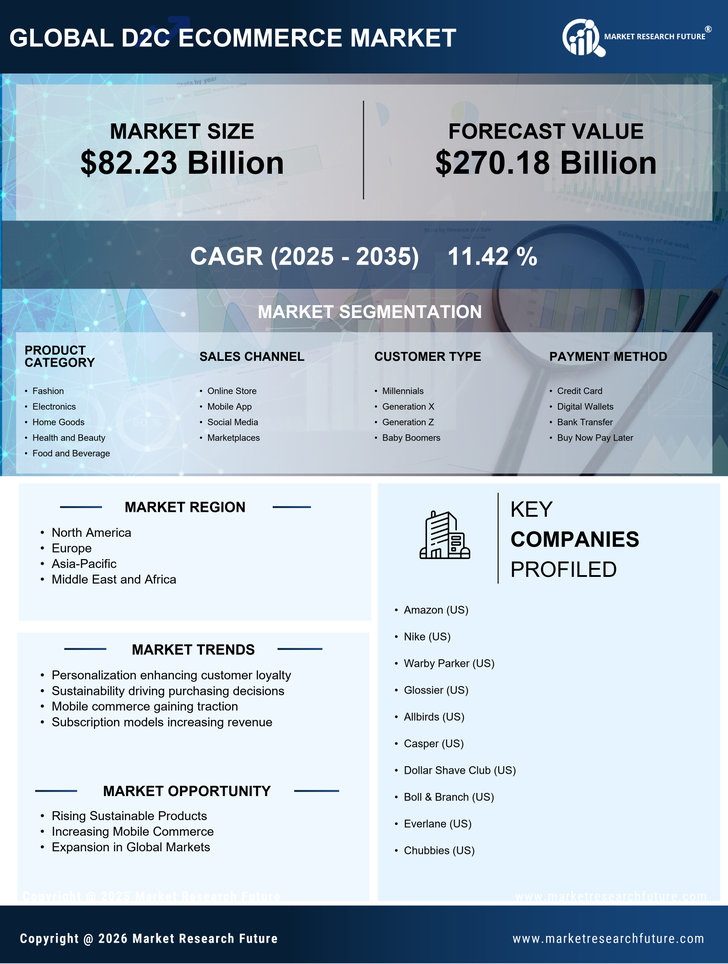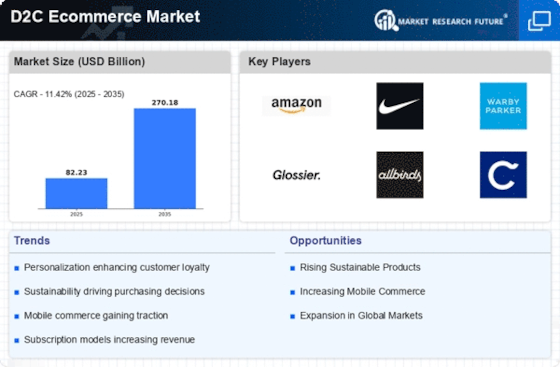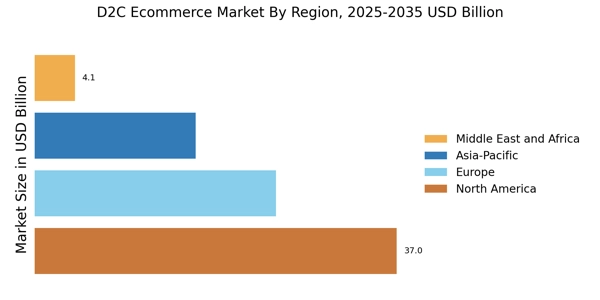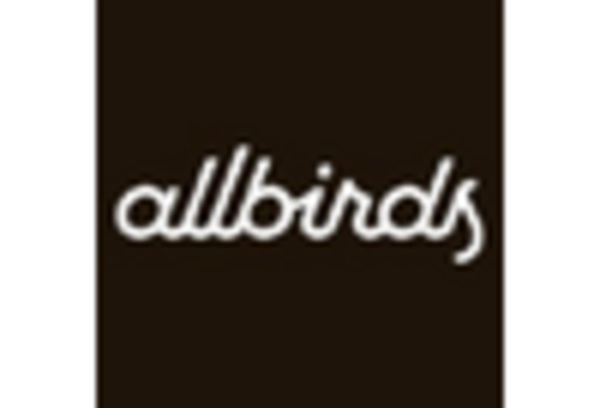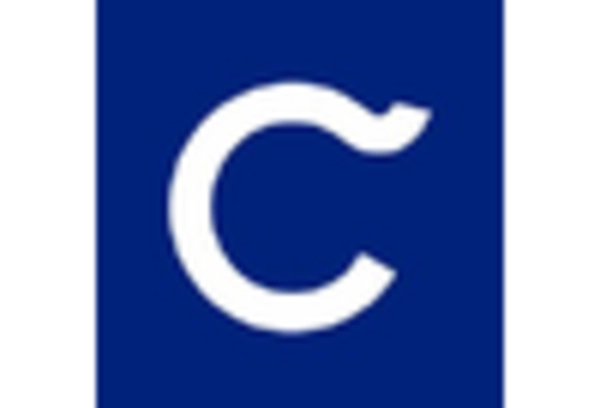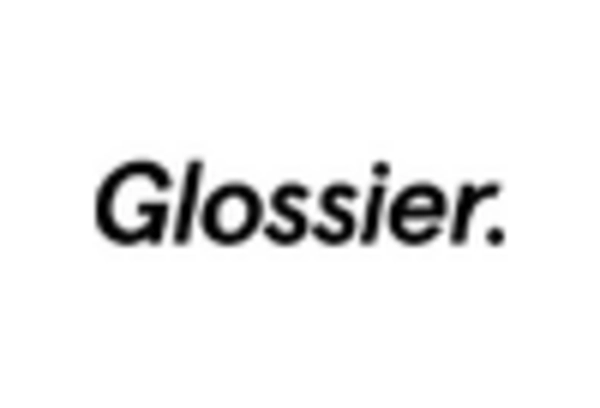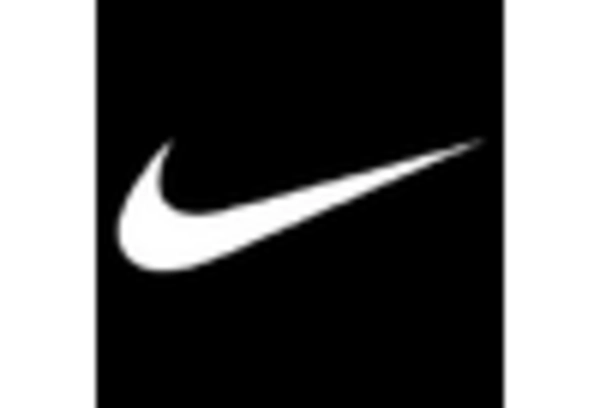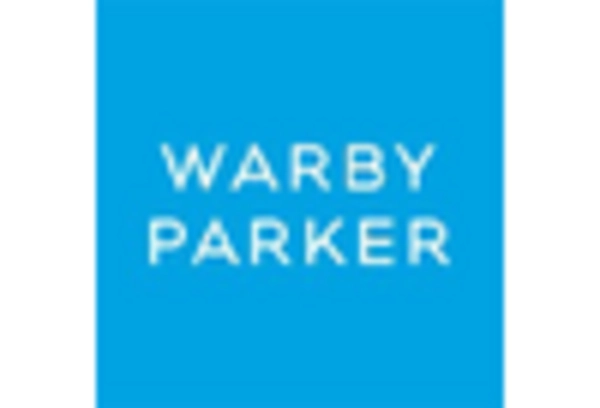Rise of Subscription Models
The D2C Ecommerce Market is witnessing a notable rise in subscription-based business models. This trend allows brands to create a steady revenue stream while fostering customer loyalty. Data suggests that subscription services have grown by over 30% in recent years, with consumers appreciating the convenience and personalized offerings that come with these models. Brands that adopt subscription services can benefit from predictable cash flow and enhanced customer retention. Moreover, the D2C Ecommerce Market is seeing an increase in niche subscription boxes that cater to specific interests, further diversifying the market landscape. This shift indicates a potential for brands to innovate and explore new avenues for customer engagement.
Changing Consumer Preferences
The D2C Ecommerce Market is significantly influenced by evolving consumer preferences. Today's consumers are increasingly seeking convenience, transparency, and direct engagement with brands. Research indicates that approximately 60% of consumers prefer purchasing directly from brands rather than third-party retailers. This trend is driven by a desire for authentic experiences and the ability to communicate directly with brands. Additionally, consumers are becoming more discerning about product quality and sourcing, which compels brands in the D2C Ecommerce Market to prioritize transparency in their operations. As preferences continue to shift, companies must remain agile and responsive to these changes to capture and retain their target audience.
Sustainability as a Competitive Advantage
The D2C Ecommerce Market is increasingly recognizing sustainability as a key competitive advantage. Consumers are becoming more environmentally conscious, with studies indicating that over 70% of shoppers prefer brands that demonstrate sustainable practices. This shift is prompting companies to adopt eco-friendly materials and transparent supply chains. Brands that prioritize sustainability not only appeal to a growing demographic of conscious consumers but also differentiate themselves in a crowded market. Furthermore, the D2C Ecommerce Market is witnessing an increase in certifications and eco-labels, which serve as indicators of a brand's commitment to sustainability. This trend suggests that integrating sustainable practices could be essential for long-term success.
Technological Advancements in D2C Ecommerce
The D2C Ecommerce Market is experiencing a surge in technological advancements that enhance the shopping experience. Innovations such as artificial intelligence and machine learning are being integrated into platforms, allowing for personalized recommendations and improved customer service. According to recent data, over 70% of consumers express a preference for brands that utilize technology to enhance their shopping experience. Furthermore, the rise of mobile commerce is reshaping the landscape, with mobile sales projected to account for nearly 50% of total ecommerce sales by 2025. This shift indicates that businesses in the D2C Ecommerce Market must adapt to these technological changes to remain competitive and meet consumer expectations.
Social Media Influence on Purchasing Decisions
The D2C Ecommerce Market is increasingly shaped by the influence of social media on consumer purchasing decisions. Platforms such as Instagram and TikTok have become vital channels for brand promotion and customer engagement. Recent statistics reveal that nearly 50% of consumers have made purchases directly through social media platforms, highlighting the importance of a strong online presence. Influencer marketing, in particular, has proven effective in driving sales, as consumers often trust recommendations from individuals they follow. This trend suggests that brands in the D2C Ecommerce Market must leverage social media strategies to enhance visibility and connect with their audience effectively.
